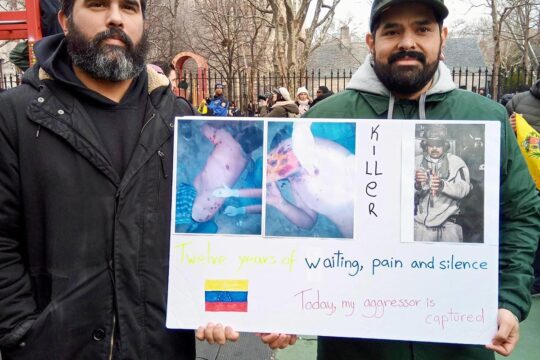It was only Rwanda which has agreed to take up the cases and it was unlikely that the UN court will be able to complete all trials.
"African countries, particularly those in East Africa, in which Rwanda is a part, should take up the challenenge and take up the cases," said Wallace Kapaya, a senior ICTR Trial Attorney, when presenting a paper at the International Day of Reflection on the 1994 Genocide at the University of Dar es Salaam over the weekend. The Tanzanian lawyer was representing the ICTR Prosecutor, Mr Hassan Jallow, at the occasion, which was attended by legal experts, politicians, academicians and members of the diplomatic corp.
He said that the Rwandan genocide was not solely a Rwandan issue. "It is an East African, and infact an African issue, requiring African solutions," he stressed.
In fighting the culture of impunity, he stated, much depended on the level of state co-operation, however, adding that those states which fail in their responsibilities need to be encouraged and ultimately coerced into compliance.
What was experienced in Rwanda, he said, was a human tragedy, which must never be repeated in the modern century.
"Having identified the Tutsi as the enemy, it was not uncommon for a woman to kill her child who was fathered by a Tutsi man. Likewise, a Hutu spouse had no qualms in hacking to death his or her Tutsi spouse," he told the audience.
The ICTR jurisprudence, according to Mr Kapaya, has shown that during the genocide, there were identifiable acts, conducts or omission of political military or administrative leaders, including those of religious leaders and medical practitioners that played major roles in the planning, preparation or execution of state genocidal policies.
He commended the decision of the UN Secretary General, Ban Ki-moon, to create a full-time position of Special Advisor for the Prevention of Genocide.
The UN Court was established in November, 1994 to try key suspects of the April-July slaughter. However, the first accused was only transferred to Arusha in May 1996.
To date 92 persons have been indicted out of which a total of 79 have already been arrested, including 15 former cabinet ministers (out of 19 ministers who constituted the cabinet during the genocide). The tribunal has so far convicted 30 persons and acquitted five. Eleven trials are underway for 27 accused.
SC/GF
© Hirondelle News Agency



